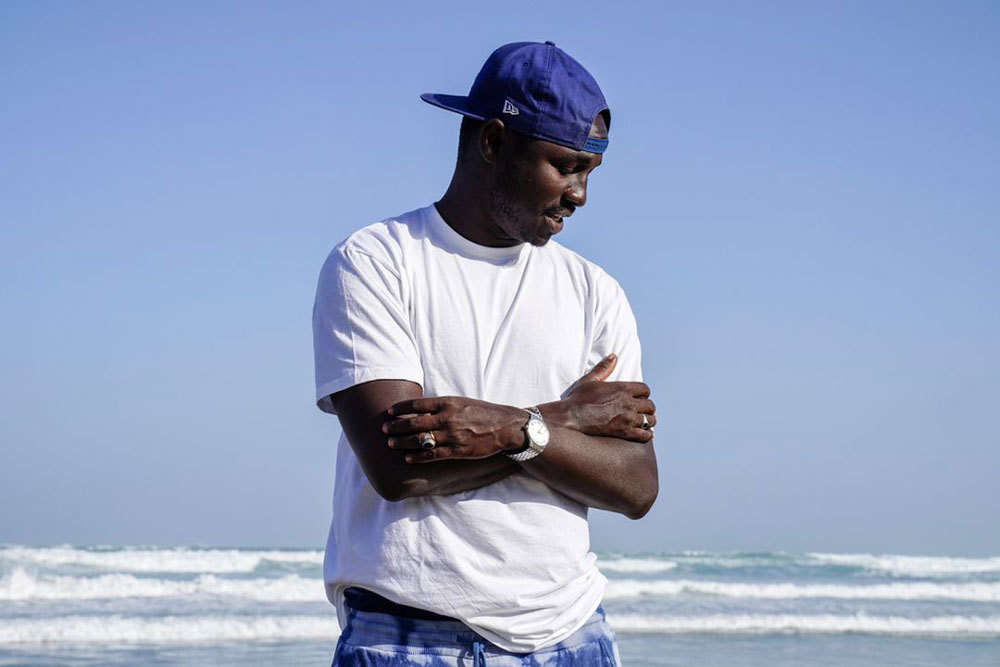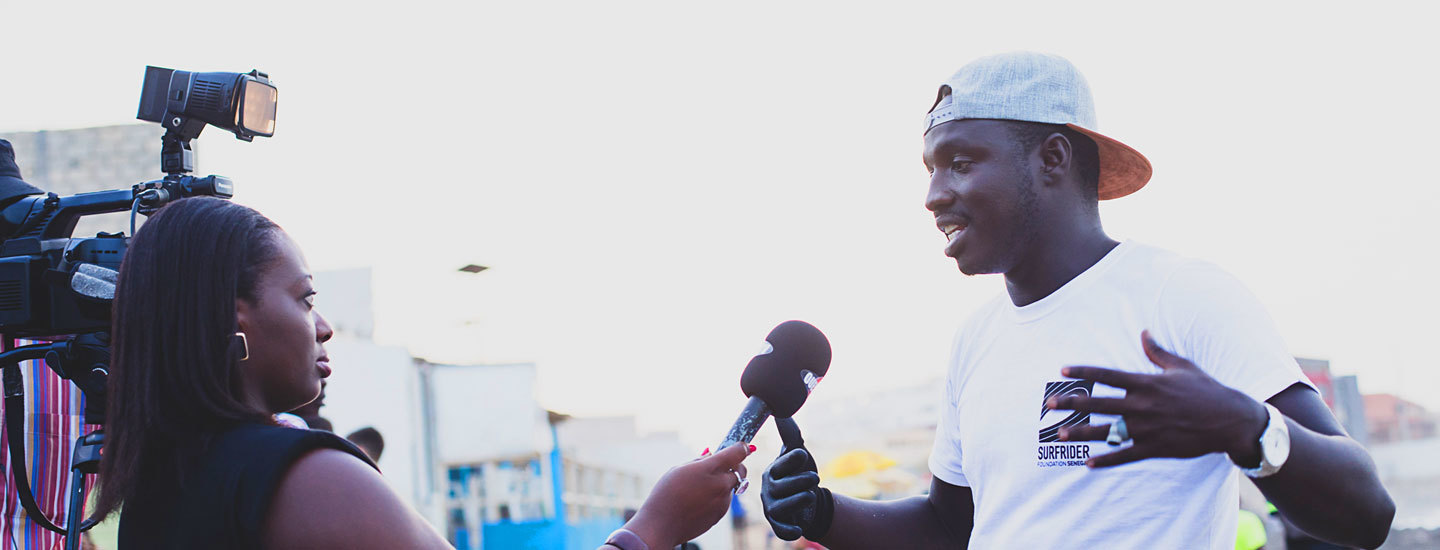
Q: Please tell us your name and how you got involved with the Surfrider Foundation
A: Hello my name is Babacar Thiaw, Senegalese born and raised in Dakar. I have been surfing since I was six years old. Growing up, I saw the plastic increasing and becoming more of a problem in my hometown. In 2013, I inherited my father's restaurant and opened a surf school. As the owner of Copacabana Surf Village, I started a beach cleaning program with my community. As soon as I finished my studies, I made projects around the environmental issues we have here in Dakar, Senegal, more of a priority. As I gained more exposure with becoming the first zero-waste restaurant in Dakar, in partnership with a local association named #zerodechetsenegal, my passion for protecting the environment and the ocean grew stronger as I could see the local impact. After our lead, we were able to influence 17 other restaurants in the city to transition to zero waste. Through friends at Surfrider Foundation Europe, other passionate business owners, surfers and entrepreneurs, we decided to create a Surfrider Foundation chapter in Senegal.
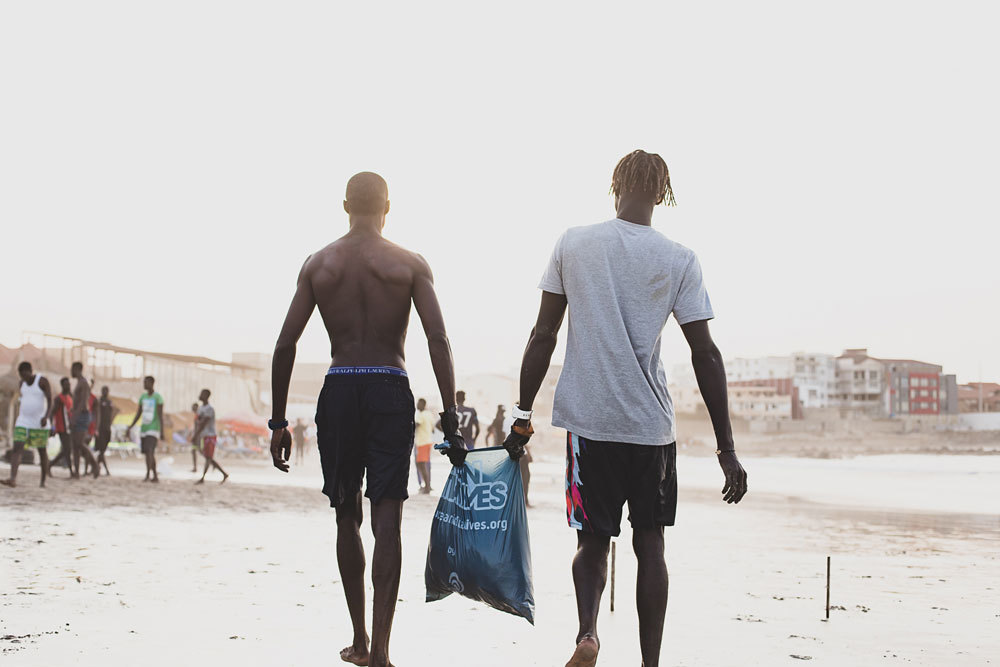
Q: How did Surfrider Senegal get started?
A: We started with beach cleanups and awareness about the environment. The buzz grew and allowed us to get in touch with Florent Marcoux, the head of Surfrider Foundation Europe, who gave us a lot of guidance and advice about how to set up a chapter in Senegal. Knowing that everything is interconnected around the world and that pollution is a worldwide problem, aligning with a global group like the Surfrider Foundation would allow us the opportunity to participate and bring solutions to Senegal on a larger scale.
Q: What are some local issues that are affecting your ocean, waves and beaches?
A: Plastics bottles, single-use plastics bags, sewage, coastal erosion and construction.
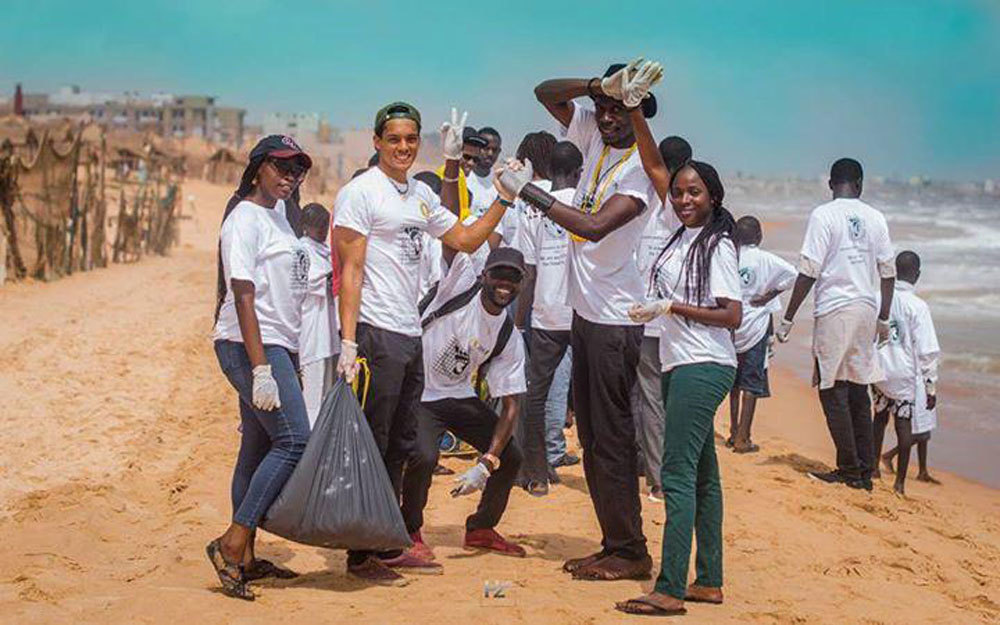
Q: What Surfrider projects have you worked on in Senegal?
We started small with beach cleanups and getting the community involved. Here in Senegal, people are not educated on this subject. It is not a priority for people living the day-to-day struggle. This makes it a challenge to implement polices and rules on the same level as you would in developed countries.
With that said, our beach cleanups led to a study of the waste that we found, pointing out the most common things we discovered so that we can focus on the source of the issue: educating our people against these habits. For us, social awareness is first.
The project I am excited about that we are working on now is building a model beach, in partnership with the Portuguese Embassy, to demonstrate to people what it would require to have a clean zero-waste beach. This is a participative science with beachgoers and ocean lovers. The project will last over six months.
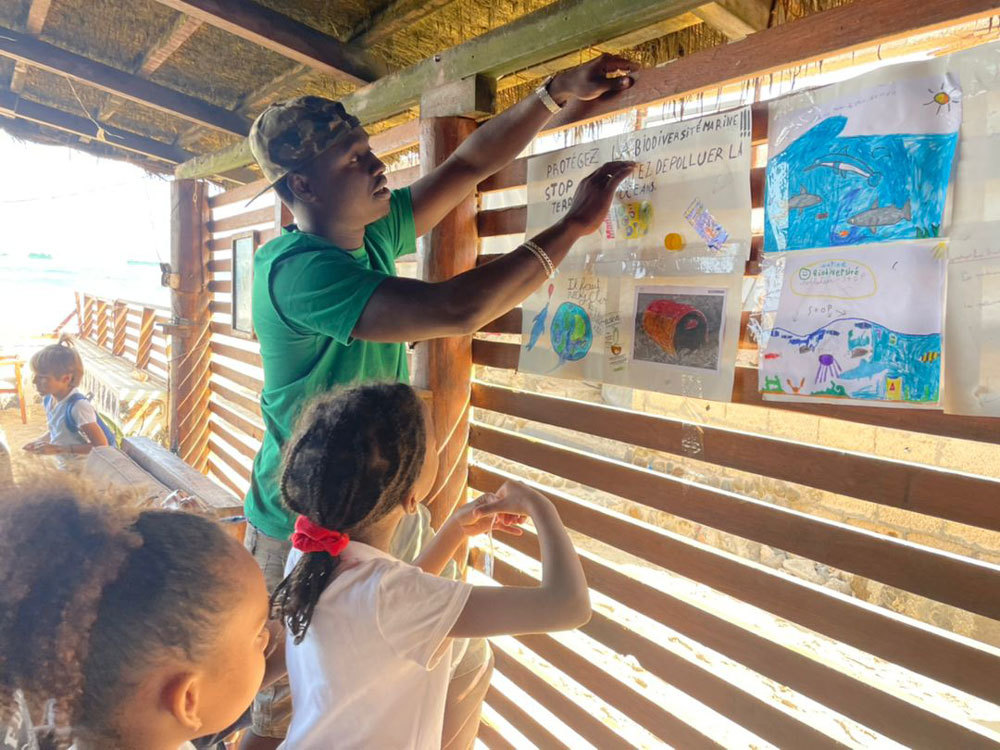
Q: What has been the highlight of your Surfrider experience (i.e., campaign, program, victory)?
Involving our youth community by working with schools and clubs definitely warms my heart and leaves me hopeful about our future even if our political leaders are not doing things to change what’s going on in the country. With our community we can work together to protect the ocean.
Q: What is the most important thing you tell others about Surfrider?
We fight for what we love together.
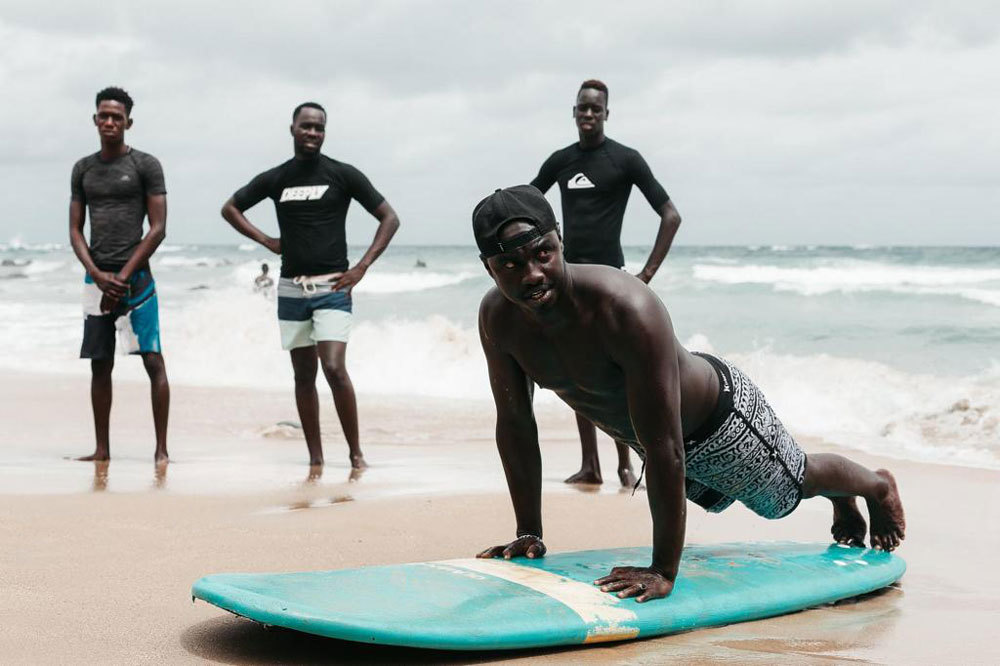
Q: Why are you a Surfrider coastal defender (or why is being a Surfrider coastal defender important to you)?
I see how much my environment has changed over the last decades and I don’t want to be part of the silent people, I am standing up loud and clear fighting to make a change and pass on a great legacy to my kids and community.
